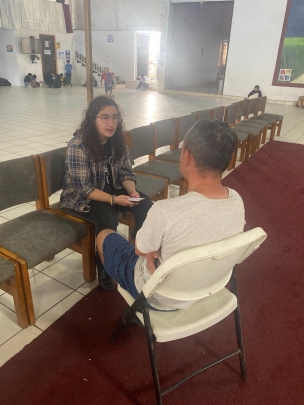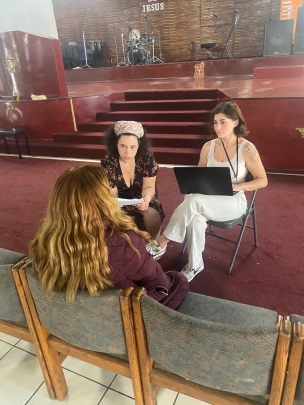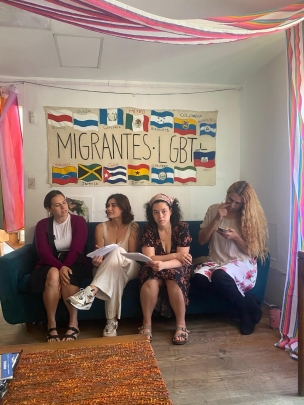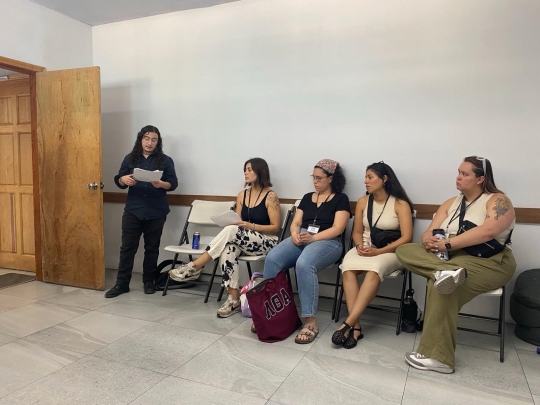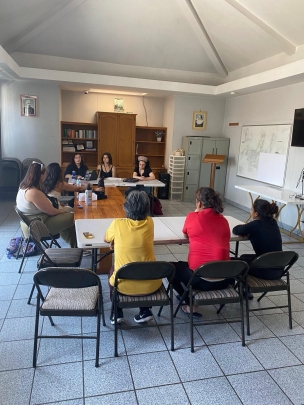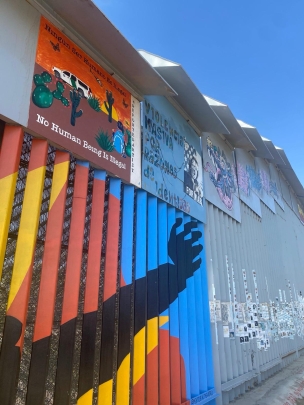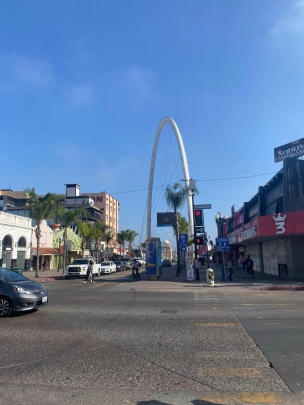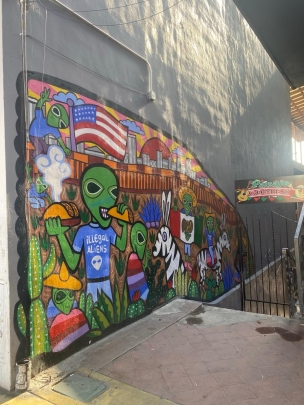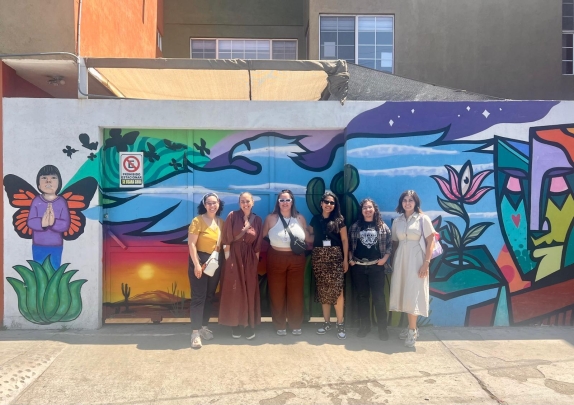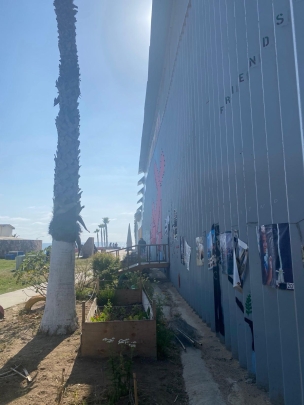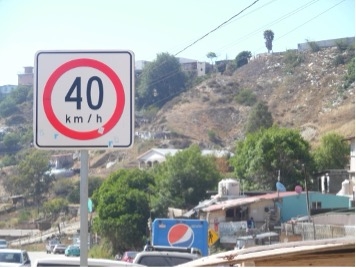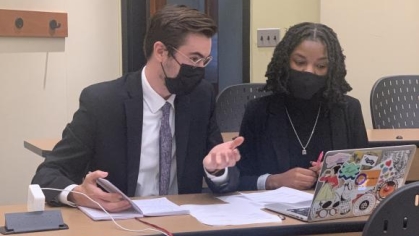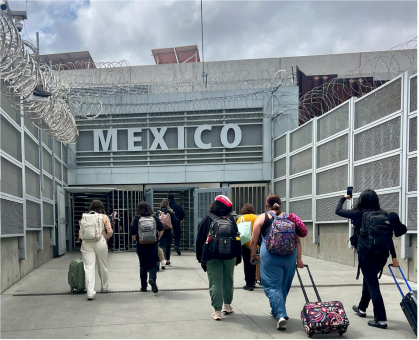
Since resuming office in 2025, the Trump administration has continued to blatantly violate, restrict, and threaten the rights of migrants. Notably, the current presidential administration has closed and halted asylum applications. While the administration’s actions seek to increase barriers for migrants at the border, local non-profit organizations reshape binational efforts to aid migrants in facing them. This past May, I was fortunate to be selected for the U.S.-Mexico Border Trip facilitated and funded by the Immigrant Rights Clinic each year. The trip provides law students with the unique opportunity to directly aid in addressing the legal barriers faced by migrants at the border through collaboration with a local non-profit organization and under the direct supervision of experienced Clinic staff.
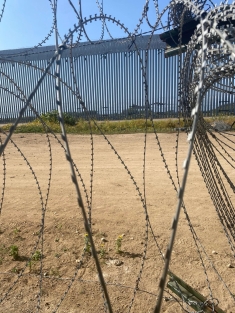
This year, the Immigrant Rights Clinic partnered with Al Atro Lado, a non-profit that provides legal and humanitarian aid to migrants in the Tijuana area. As a result of this opportunity, I stood on the coast of Tijuana, Mexico, after walking through the San Diego port of entry alongside four Rutgers Law students and Clinic staff. Shortly after crossing the border, we walked along the 30-foot-tall steel wall constructed by U.S. Customs and Border Protection at the location designated as Friendship Park. Immediately past the steel wall was an additional chain link fence. As I peered past each barrier, I was confronted with an open and empty landscape, with the exception of a construction site and scattered bushes. From this perspective, I struggled to picture the joint community space that had existed there for decades.
In 1971, Friendship Park was established as a binational park located on the borderline between Mexico and the United States. Rather unsurprisingly, the park’s name is largely misleading, evidenced by the barbed wire fence that originally stood to separate the U.S. side of the park from the Mexico side of the park. Despite the looming presence of the fence, which only grew taller, longer, and more fortified as the years went by, families gathered to hold hands and speak through the fence, local organizations hosted various events, and community gardens were started and maintained on both sides of the park. The Department of Homeland Security closed the U.S. side of Friendship Park in 2020, and it has remained closed since. The Mexico side of Friendship Park, in stark contrast, is populated with families and tourists eating, taking pictures, and learning about the history of the park. The view of the steel wall from Tijuana features murals, quotes, and political memes painted from top to bottom.
As part of our work with Al Atro Lado, we attended shelters each day to give Know Your Rights presentations, answer questions, and provide information to the community. These experiences varied as the populations differed in size and demographics, so each shelter provided a new learning opportunity. Despite the heaviness of the conversations, I appreciated the opportunity to interact with people individually and learn more about their stories. Many of the individuals we spoke to have experienced traumatic events such as sexual violence, extortion, and kidnapping. Despite the gravity of their situations, many of the people we met at the shelters shared positive stories and laughed with us and each other as we discussed the various topics. The energy and resilience of the people we spoke to reminded me of the art that covered the steel wall at Friendship Park, serving as resistance in the face of imposed barriers.
Gabriela Abreu
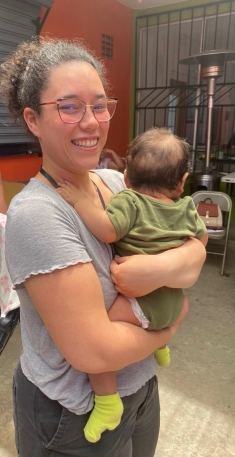
Gabriela Abreu is a rising 3L at Rutgers Law School in Newark. She graduated from Rutgers - New Brunswick in 2021 with a Joint B.A. in Labor Studies and Latino and Caribbean Studies. The historical background and lived experiences within her Puerto Rican and Dominican culture largely inspired her interests in human rights and international law. Gabriela is currently serving as a summer intern at the Rutgers Education and Health Law Clinic. She is also a returning member of the Philip C. Jessup International Law Moot Court Team and will be working in the Immigrants Rights Clinic during fall 2025.
